
Nursing Interventions for Myocarditis
Encourage bed rest since it reduces myocardial oxygen demand and usually continues until the following criteria are met: > Temperature remains normal without use of salicylates > Resting pulse rate remains less than 100 beats/min > ECG tracings show no manifestations of myocardial damage > Pericardial friction rub is not present Obtain a clear description […]
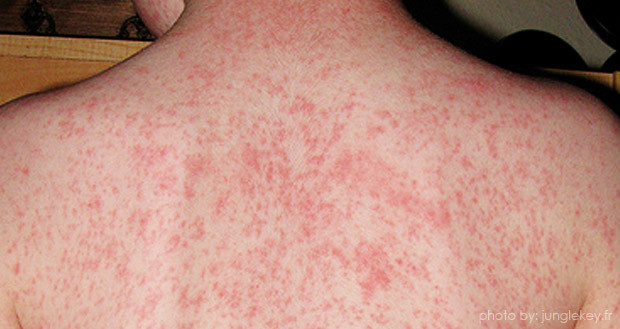
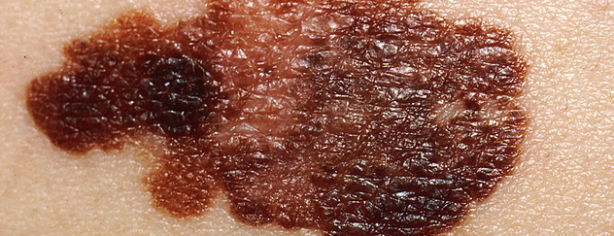
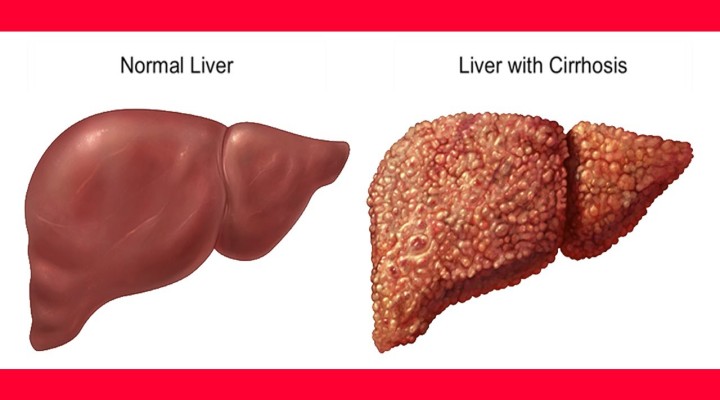
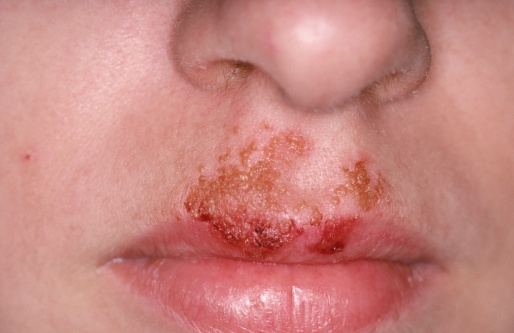
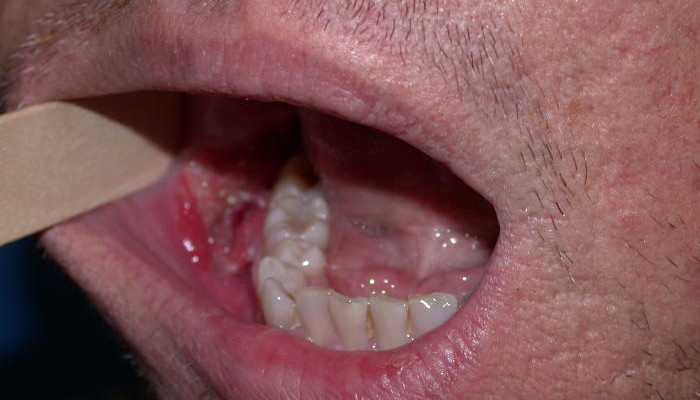









Recent Comments